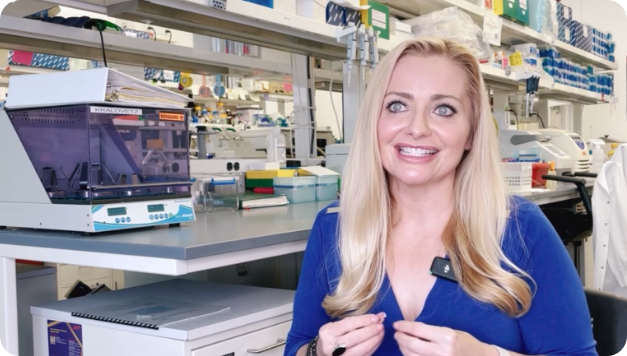Women’s reproductive health diagnostics
Innovations in healthcare are reshaping how we diagnose gynecologic conditions like endometrial cancer, endometriosis and adenomyosis. Our groundbreaking approach focuses on non-invasive sampling coupled with advanced biomarker analysis for early detection, especially among underserved populations. By leveraging integrated technologies, we aim to revolutionize women’s health, offering timely diagnoses, improving outcomes, and ultimately saving lives. Join us in our mission to make early detection of gynecologic conditions accessible to all women, regardless of their background or resources.
The Problem
Many gynecologic conditions are only investigated once symptoms manifest. At that point, diseases might have progressed to a point when significant surgical interventions are required.
Current diagnostics require painful, anxiety-provoking, invasive surgery or biopsy, which impact accessibility and require visits to the clinic. The traumatic and time-consuming aspects of these diagnostics also lead to avoidance of these examinations.
The Solution
Our proposed new solution to address existing invasive diagnostic methods, is to use non-invasive, self-collected cervicovaginal secretion samples and to create biomarker panels to detect endometrial cancer and other uterine conditions sensitively and specifically.
The Opportunity
Our novel self-collection method for endometrial cancer, endometriosis and adenomyosis will improve detection in ALL women, but particularly in underserved and rural populations and decrease health inequities. Our endpoint is to create an at-home kit that provides more empowerment in women’s reproductive care.
In the USA alone, economic burden of endometriosis itself, including direct healthcare cost and indirect productivity loss when women are building their careers, is estimated as high as $78-111 billion annually.
Status
Clinical studies identified biomarker candidates for gynecologic diseases using minimally-invasive physician-collected cervicovaginal lavage samples. Next steps include validation in self-collected samples and to establish the predictive power of the biomarkers for various gynecologic diseases prior to initiating required regulatory steps.
Meet the Team

Melissa Herbst-Kralovetz PhD
College of Medicine - Phoenix

Peter Nestler PhD
Tech Launch Arizona
Contact us today.




